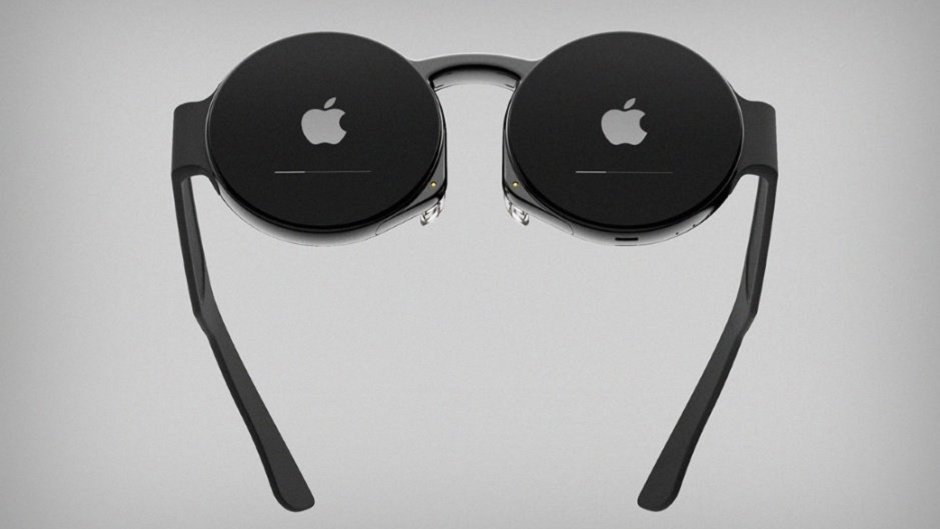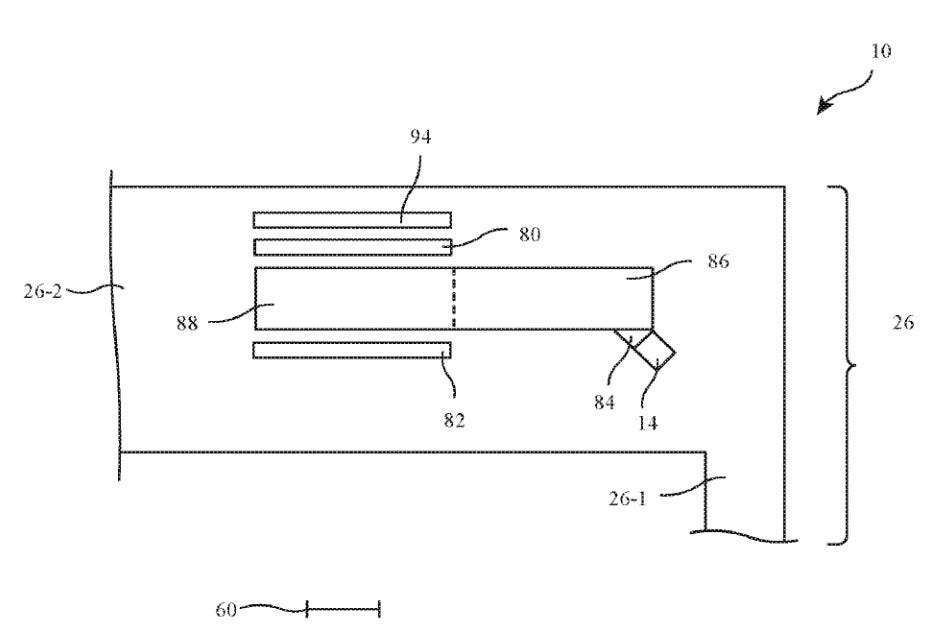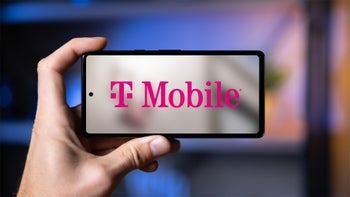Apple Glass patent application sees lenses adjusting to ambient lighting

Are you looking forward to Apple Glass? The AR smart glasses could be Apple's next big product following the iPhone, or it could end up following in the footsteps of the Newton or the HomePod. We've surely seen a large number of patents related to such a device which leads us to expect Apple Glass to be unveiled over the next two years. Back in 2018, a huge leak revealed that the device would be powered by a 5nm chipset. At the time that this leak surfaced, Apple was using the 7nm A11 Bionic chipset for the iPhone X. But now that the 5nm A14 Bionic powers the 5G iPhone 12 series, the introduction of Apple Glass could be closer than you think.
A new patent application is filed by Apple for Apple Glass
Apple has filed a new patent application with the USPTO (U.S. Patent and Trademark Office) that is titled "Display System With Localized Optical Adjustments." The title of the patent gives us a big clue over what it means. "Localized Optical Adjustments" is referring to changes in the lenses used for Apple Glass. The idea is that the lens will adjust to the ambient lighting by making the real world imagery lighter or darker. For example, in the patent application Apple says, "An adjustable lens system may be adjusted dynamically to accommodate different users and/or different operating situations. Adjustable light modulators may be used to selectively darken parts of a user's field of view.

Illustration from Apple's new patent application for Apple Glass
The patent application says, "If, as an example, a head-mounted display system is being used to display computer-generated content that overlaps real-world objects, the brightness of the real-world objects can be selectively decreased to enhance the visibility of the computer-generated content. In particular, a spatially addressable adjustable light modulator may be used to generate a dark region that overlaps a bright real-world object that is overlapped by computer-generated content in the upper right corner of a user's field of view."
What Apple is saying is that the brightness of a "real-world object" can be reduced to make the object more visible through the glasses. The view of the object seen through the glasses is adjusted to match the brightness of the real world. And with each lens being so adjustable, changes can be made to the left eye box and the right eye box independently.
Gene Munster, who now works for Venture Capital firm Loup Ventures, said back in 2017 that Apple's smart glasses will be bigger than the iPhone. That sounds as though Munster might be overly optimistic, but who knows? The analyst says that Apple Glass will do many of the same things that the iPhone already does but does not require you to take a device out of your pocket. Three years ago, Munster told clients that "in 10 years we expect the iPhone will be around, but be a much smaller part of Apple's business as Apple Glasses slowly gains market adoption."
Google Glass debuted to the world through a video released on April 4th, 2012 showing what was supposed to be the average day in the life of a Glass wearer. Highlights from the video included indoor maps and the ability to communicate with friends through audio, video, and text without holding a device in your hand.
Eventually, Google Glass fell out of favor as a consumer device. Movie theaters prohibited their use inside as there were fears that users were recording bootleg versions of hot movies. Bars also banned them as patrons were concerned that users were taking photos of them without permission. This led Glass wearers to be given the nickname "glassholes." Additionally, the price of $1,500 was a bit steep at the time, although not so much when compared to the pricing of today's foldable phones. These days, Google Glass has found a home among manufacturers. Apple, of course, is hoping to make Apple Glass a tool that consumers can't live without.
Follow us on Google News













Things that are NOT allowed:
To help keep our community safe and free from spam, we apply temporary limits to newly created accounts: